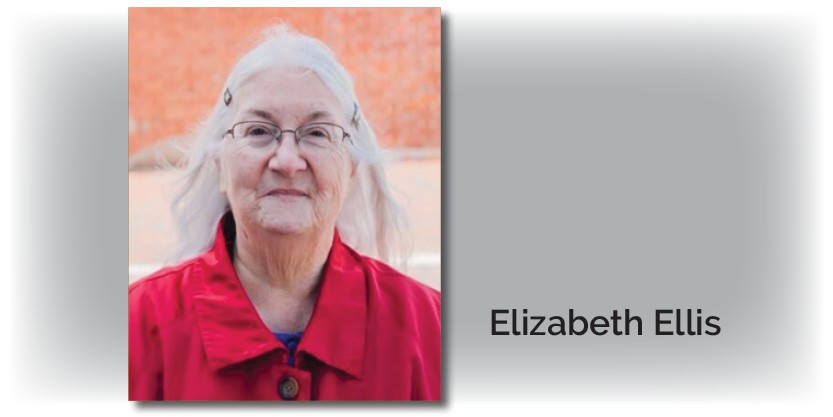I am relieved that the midterms are over. So many negative ads, truths, half-truths, out-and-out slander – where within all of this are the unvarnished issues and facts? It reminds me of a phrase often heard in the old TV detective program Dragnet. Joe Friday, the lead investigator would say, “All we want are the facts, ma’am.” I agree with Mr. Friday. All we want are the facts.
There is a way out of this wilderness. Fact seekers do have at their disposal several tools. One tool is fact checking guides. University libraries contain lists of reputable fact-checking sites. For this article I used the library at U.C. Berkeley, but you can pick the university of your choice. Berkeley recommends the following list: PolitiFact: FactCheck.org, Flack Check, Open Secrets, Fact Check (Washington Post), Snoops, Duke Reporters Lab, Fact Checking, International Fact-Checking Network fact-checkers’ code of principles.
For information concerning each site, read the addendum below or copy and paste the following link into your browser. Fact Checkers – Real News/Fake News – Library Guides at UC Berkeley.
There are other tools in the truth-seeker’s toolbox:
- When reading an article, click on the “About” page. Google it with the word “fake” and see what comes up.
- If a story offers links, follow them. If the site has no links, quotes or references, that’s a telltale sign.
- If a story seems unlikely, check it against various other outlets to see if they are reporting the same thing.
- Pay attention to pictures. They can be misidentified, outdated or altered. Use a reverse image search engine like TinEye to see where the image really comes from.
- Conduct a “gut check” If the story makes you angry, it’s probably designed that way. Check the domain of the site. Fake sites often add .co to trusted brands to steal their luster. Check the date. Social media often resurrect outdated stories. Think about a story’s headlines. They are often written to catch your attention and often bear little resemblance to the story itself.
Professional storyteller Elizabeth Ellis performs a poignant, hilarious story about her relationship with her mother. A recitation of the unintentional misunderstandings between mothers and daughters, Elizabeth describes herself and her mother as two ships passing each other, waving, loving each other, wishing to connect, but thwarted by misunderstood communications.
Our country is much the same. We want the best for us all, we love each other, but frequently miss our goal by misunderstandings. I plan to try being more diligent in my truth seeking, I plan to be armed more with truth, and with this truth, hopefully, I can hop on the same ship as my fellow humans, with the hope to float our way closer and closer to peace and understanding.
Addendum
PolitiFact: Pulitzer Prize-winning site run by editors and reporters from the Tampa Bay Times (Florida) newspaper. “PolitiFact is a fact-checking website that rates the accuracy of claims by elected officials and others who speak up in American politics. … The PolitiFact state sites are run by news organizations that have partnered with the Times.” Read about their principles under “About Us.”
FactCheck.org: “FactCheck.org is a project of the Annenberg Public Policy Center of the University of Pennsylvania. … a nonpartisan, nonprofit “consumer advocate” for voters that aims to reduce the level of deception and confusion in U.S. politics. We monitor the factual accuracy of what is said by major U.S. political players in the form of TV ads, debates, speeches, interviews and news releases.”
Flack Check: “Headquartered at the Annenberg Public Policy Center of the University of Pennsylvania, FlackCheck.org is the political literacy companion site to the award-winning FactCheck.org. The site provides resources designed to help viewers recognize flaws in arguments in general and political ads in particular.”
OpenSecrets.org: “Nonpartisan, independent and nonprofit, the Center for Responsive Politics is the nation’s premier research group tracking money in U.S. politics and its effect on elections and public policy.”
Fact Check (Washington Post): “The purpose of this website, and an accompanying column in the Sunday print edition of The Washington Post, is to ‘truth squad’ the statements of political figures regarding issues of great importance, be they national, international or local.”
Snopes: “The definitive Internet reference source for urban legends, folklore, myths, rumors and misinformation.”
Duke Reporters’ Lab: Fact Checking: Includes a database of global fact-checking sites, which can be viewed as a map or as a list; also includes how they identify fact-checkers.
International Fact-Checking Network fact-checkers’ code of principles: “a forum for fact-checkers worldwide hosted by the Poynter Institute for Media Studies.”
Cindy Arp, teacher/librarian, retired from Knox County Schools. She and husband Dan live in Heiskell. And she goes hiking once a week – even in a forest fire.

